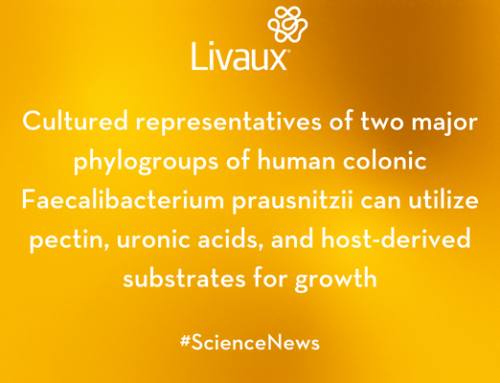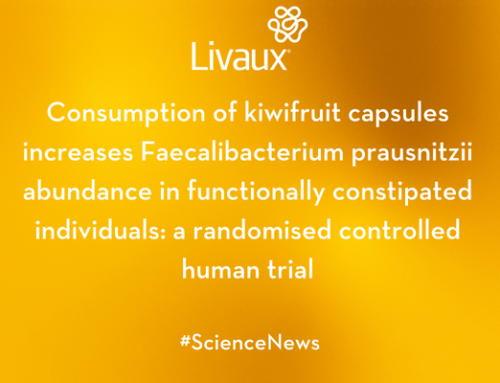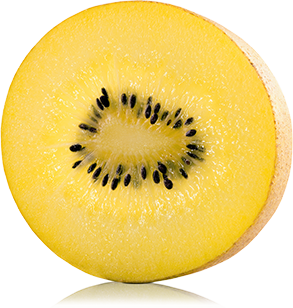Blatchford,P, Bentley-Hewitt,KL, Stoklosinski,H, McGhie,T, Gearry,R, Gibson,G, Ansell,J, BenefMicrobes 6:829-839, 2015
A new Actinidia chinensis gold-fleshed kiwifruit cultivar ‘Zesy002’ was tested to investigate whether it could positively modulate the composition of the human colonic microbiota. Digested Zesy002 kiwifruit was added to in vitro pH-controlled anaerobic batch fermenters that were inoculated with representative human faecal microbiota.
Alterations to the gut microbial ecology were determined by 16S rRNA gene sequencing, and metabolic end products were measured using gas chromatography and liquid chromatography–mass spectrometry. Results indicated a substantial shift in the composition of bacteria within the gut models caused by kiwifruit supplementation.
Zesy002 supplemented microbiota had a significantly higher abundance of Bacteroides spp., Parabacteroides spp. and Bifidobacterium spp. after 48 h of fermentation compared with the start of the fermentation. Organic acids from kiwifruit were able to endure simulated gastrointestinal digestion and were detectable in the first 10 h of fermentation.
The fermentable carbohydrates were converted to beneficial organic acids with a particular predilection for propionate production, corresponding with the rise in Bacteroides spp. and Parabacteroides spp. These results support the claim that Zesy002 kiwifruit non-digestible fractions can effect favourable changes to the human colonic microbial community and primary metabolites and demonstrate a hitherto unknown effect of Zesy002 on colonic microbiota under in vitro conditions.










